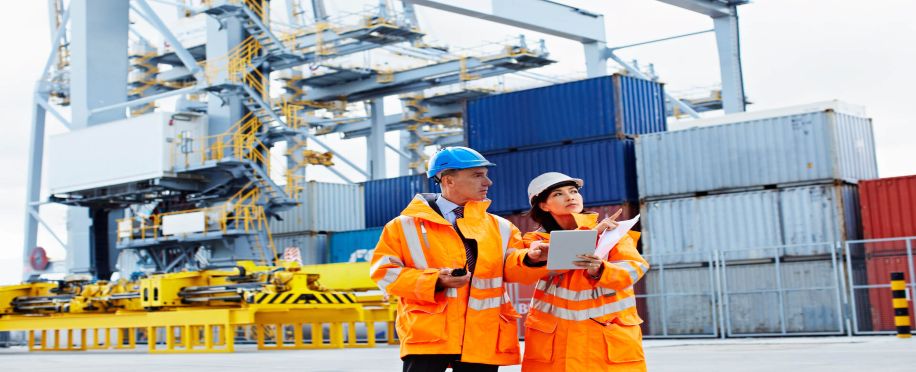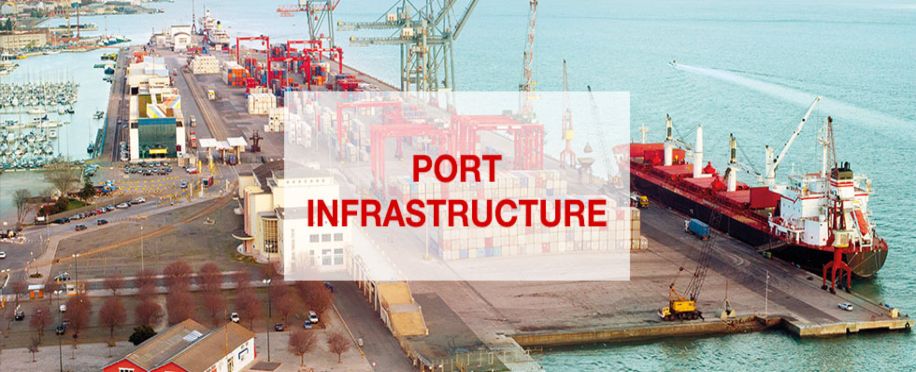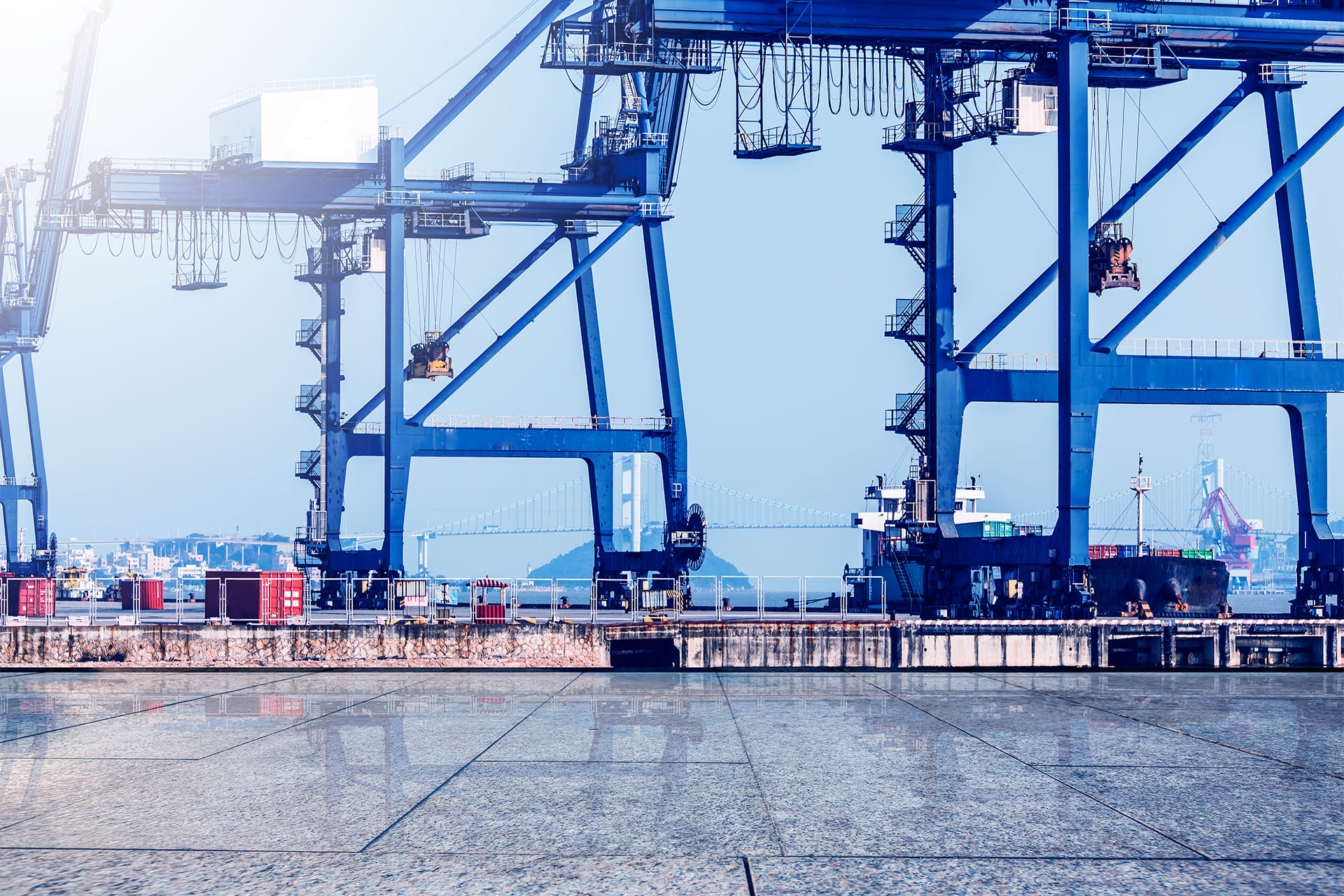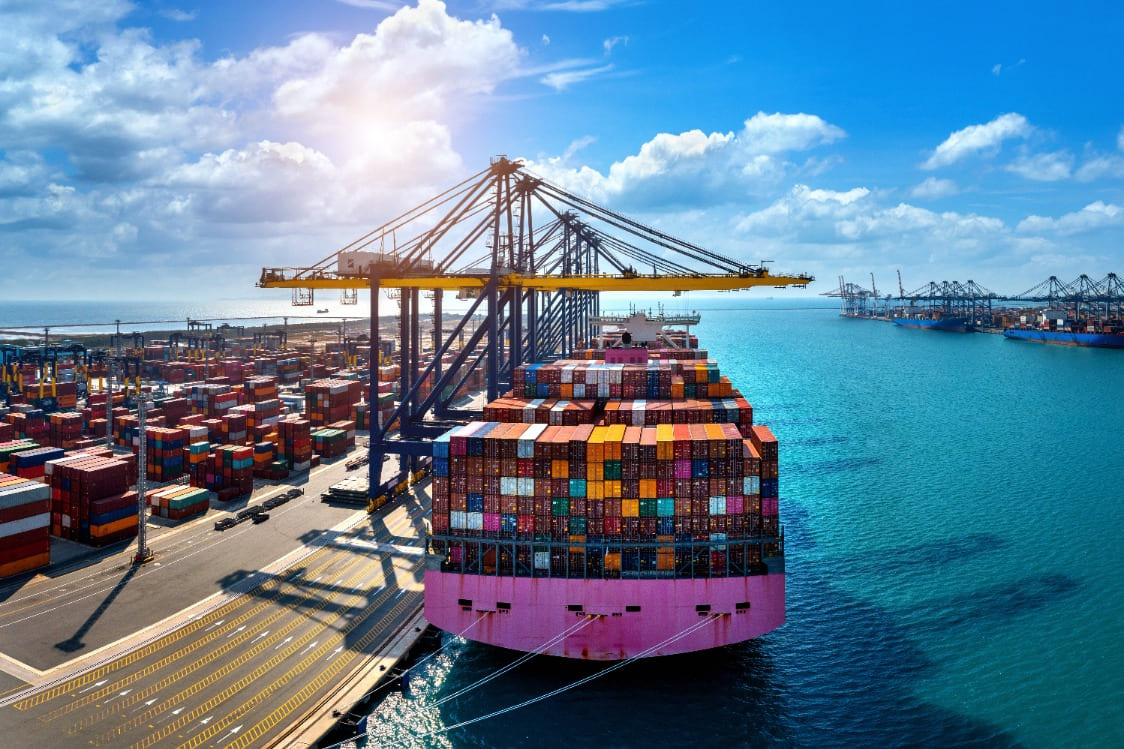Navigating Supply Chain Disruptions in the Shipping Industry: Current Challenges and Future Outlook
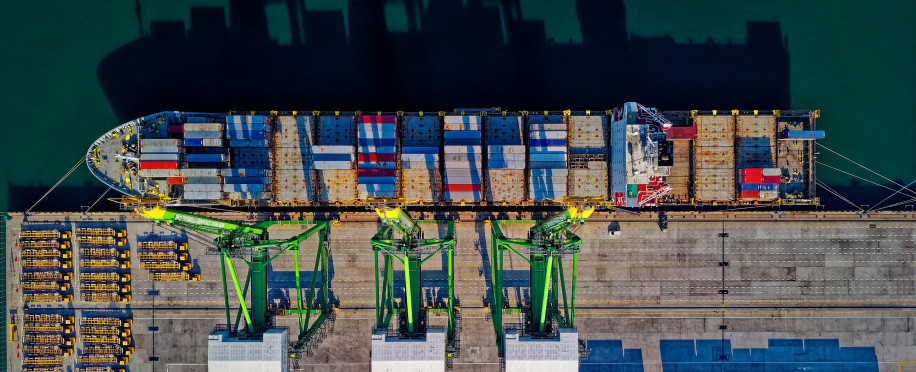
Posted on Oct 30, 2024 at 10:10 PM
The supply chain is the lifeblood of the global economy, and the shipping industry is at its core, facilitating 80% of world trade. However, recent years have seen unprecedented disruptions that have challenged the resilience and efficiency of this sector. This article delves into the current challenges facing the shipping industry and offers a scientifically evidenced outlook for the immediate future.
Current Challenges
- Pandemic Aftershocks:
The COVID-19 pandemic triggered widespread disruptions, from port closures to labor shortages. According to the International Chamber of Shipping, the pandemic resulted in a 20% reduction in shipping capacity due to health measures and quarantines.
- Geopolitical Tensions:
Trade wars and political unrest have led to tariffs and sanctions, affecting shipping routes and time. The World Trade Organization (WTO) notes that these tensions are anticipated to decrease global trade growth by approximately 1%.
Natural Disasters: Climate change is increasing the frequency of severe weather events. The UN's Climate Change Committee reports that shipping routes are becoming unpredictable, with more frequent storms and flooding leading to delays.
- Port Congestion:
Increased demand and labor shortages have caused significant bottlenecks at major ports. A McKinsey study highlights that congestion leads to an average delay of 8-10 days per vessel. Professionals looking to navigate these challenges may benefit from Port Management training courses in London, which provide critical insights into handling such disruptions effectively.
- Technological Challenges:
The push towards digitalization and automation is crucial for efficiency but also presents barriers for companies unable to afford these technology shifts.
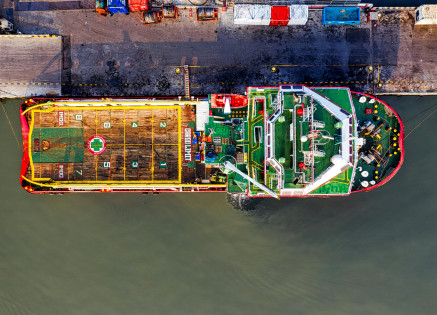
Immediate Future Outlook
1. Embracing Resilience and Flexibility: Future strategies involve building more resilient supply chains with flexible routing and adaptive scheduling. A report by Deloitte emphasizes the importance of real-time data analytics to enable rapid response to disruptions.
2. Sustainability Drives: With regulatory pressure mounting, the shipping industry is likely to see increased use of sustainable fuels and technologies. The International Maritime Organization (IMO) has set targets to halve emissions by 2050, driving innovation.
3. Technological Integration: A shift towards IoT, blockchain, and AI will improve transparency and efficiency. According to Gartner, by 2025, 80% of supply chain transactions may be conducted on digital platforms.
4. Collaboration and Partnerships: Stronger collaboration between stakeholders, including governments and private entities, will be crucial. Enhanced public-private partnerships and shared resource models are foreseen as pivotal.
5. Investment in Human Capital: Improving working conditions and investing in crew welfare will be vital to counter labour supply challenges, as highlighted by the International Labour Organization (ILO).
Conclusion
The shipping industry must navigate a complex landscape of challenges as it moves towards the future. While immediate disruptions are unavoidable, strategic planning and adoption of innovative solutions can aid in fostering a more resilient, sustainable, and efficient maritime supply chain. Enhanced collaboration, technological integration, and a focus on sustainability will shape the industry's path in the years to come.
